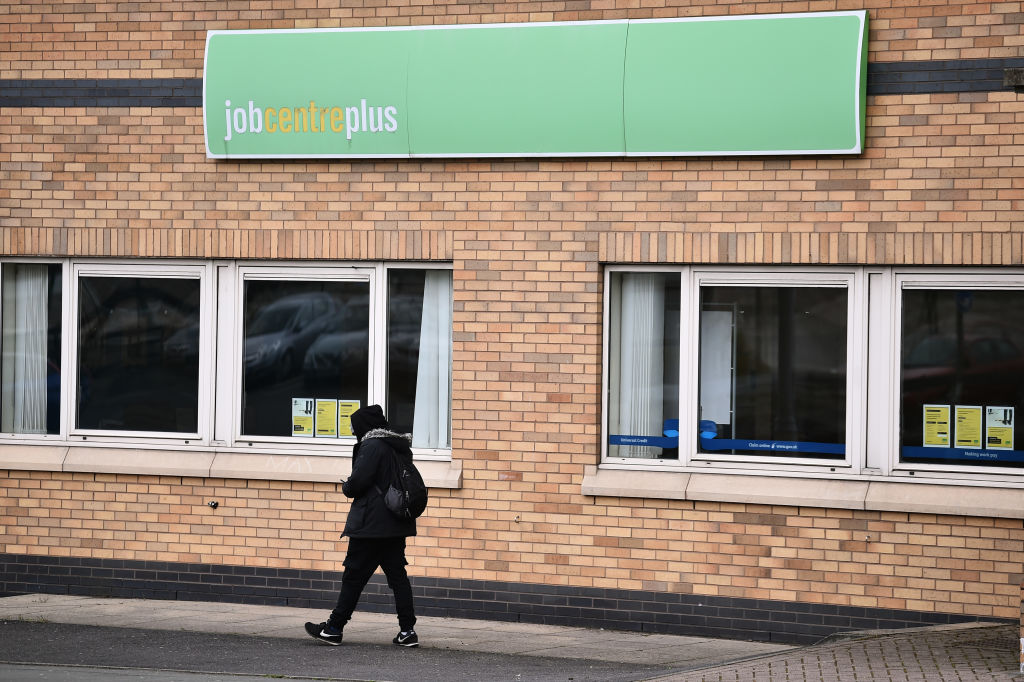It’s not terribly helpful for Keir Starmer that Elon Musk is creating polls on X, asking his 210 million followers if ‘America should liberate the people of Britain from their tyrannical government’. Nor does the Prime Minister seem very happy about the attacks on his record as chief prosecutor, using the Q&A of his healthcare speech this morning to insist that he used his five years in the role to tackle child exploitation ‘head on’.
But the mudslinging back and forth across the pond has buried one of the most worrying indicators for 2025 announced so far: business confidence has sunk to its lowest point since Liz Truss’s infamous mini-Budget. According to the latest poll from the British Chamber of Commerce, 63 per cent of businesses say they are concerned about taxation including National Insurance (this is the highest level on record) while fewer than half of companies report they expect ‘their turnover to increase over the next 12 months’.
It’s yet another blow in an increasingly expanding series: just last week the Financial Times’s survey of economists pointed to disappointing annual growth figures, which they forecast will fall below the Office for Budget Responsibility’s 2 per cent prediction for the year. This followed the latest set of growth figures, which showed that the UK economy contracted in October – the second month in a row.
All this has the backdrop of higher-than-expected monthly inflation rates – a concern for businesses as well, with 55 per cent of businesses reporting they expect ‘prices to go up in the next three months, with labour costs the biggest driver.’ As was forewarned in the OBR’s assessment of Labour’s first Budget, the vast majority of the NI hikes are expected to be borne by lower wage hikes and higher prices for consumers.
On and on it goes, as Labour’s first round of major economic changes continue to drag down business optimism about the coming year. In a bid to turn the narrative around, the government has tried to kickstart their new year message with talk of reform and efficiency gains, mainly around the NHS, insisting this morning that the health service cannot become a ‘national money pit’.
As Isabel Hardman notes on Coffee House, all of Starmer’s talking points were overshadowed by the grooming gang scandal, but particularly by Musk’s commentary about Labour’s handling of the atrocities. ‘I think people are more interested in the NHS, frankly, than what’s happening on Twitter,’ was Stamer’s first response. That may largely be true, but were Labour forced to engage on its NHS record so far, it might find those questions difficult to answer – including why more than half of the additional tax hikes were gifted to the NHS in the Budget, if the party is so committed to avoiding the ‘money pit’?
Ongoing questions about how the grooming gang scandal was handled – and what safeguarding measures (or lack thereof) have been implemented since – will continue to be tricky for the government to answer. But as this morning’s press conference showed, the scandal has fast morphed into something political. And if Labour has to have a fight this week, Musk may well be the preferred foil over other opponents.
Catch up on SpectatorTV:









Comments